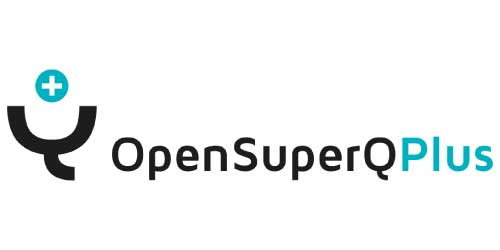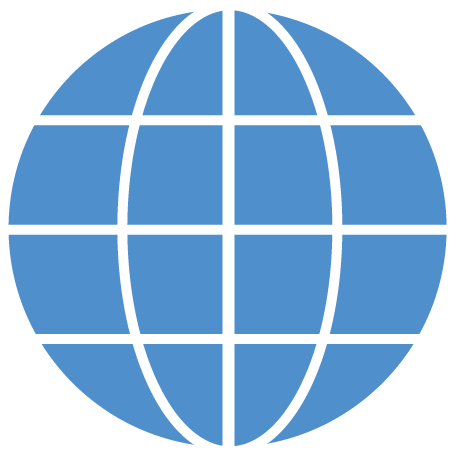OpenSuperQplus aims at delivering systems and technology for quantum computers based on superconductors. It thus implements the roadmap of the strategic research agenda for the quantum technology flagship as detailed by the OpenSuperQplus framework partnership from which it emerges. It will deliver integrated demonstrators for research and user purposes, one of which will contain at least 100 high-quality qubits. The center piece is a design and fabrication platform for high-quality quantum chips, their environment for multi-chip-modules, and the immediate surroundings of the processors. OpenSuperQplus delivers the necessary components and the enabling hard- and software to achieve that goal. This is completed by a test and benchmarking suite, exploring the potential realization of beyond-classical performance in real-world applications. The agenda of OpenSuperQplus is looking ahead in developing, testing, and down-selecting technologies that are needed to reach the 1000 qubit level in a subsequent project. The composition of the project with leading companies, RTOs, and academic groups is closely aligned with national agendas which lay the foundation for the OpenSuperQplus results. The project contains structured activities in standardization, education, and ethics that will inform larger European discussions. OpenSuperQplus develops structured IP policies and commercialization strategies of its key exploitable results and will serve as a reliable source of information for European stakeholders in industry, academia, politics, and society at large.
OpenSuperQPlus
Open Superconducting Quantum Computers

PROJECT’S CONTACT:
Prof. Frank Wilhelm-MauchQuantum Computing
Call:HORIZON-CL4-2022-QUANTUM-01-SGA
Coordinating Organization:
FZJ Forschungszentrum Jülich, Germany
Project Timespan
2023-03-01 – 2026-08-31
Other Partners:
- Chalmers Tekniska Hoegskola, Sweden
- Walther-Meissner Institute (BAdW), Germany
- Bayerische Akademie der Wissenschaften / Leibniz Rechenzentrum (LRZ), Germany
- Technische Universiteit Delft, Netherlands
- CEA – Commissariat à l Energie Atomique et aux Energies Alternatives, France
- Universidad del Pais Vasco/ Euskal Herriko Unibertsitatea, Spain
- Teknologian Tutkimuskeskus VTT OY, Finland
- QRUISE GmbH, Germany
- Bluefors Cryogenics OY, Finland
- University of Tartu, Estonia
- Quantware BV, Netherlands
- Aalto University, Finland
- CNRS – Centre National de la Recherche Scientifique, France
- ISTA – Institute of Science and Technology, Austria
- Wigner Research Centre for Physics, Hungary
- KIT – Karlsruhe Institute for Technology, Germany
- Alice & Bob, France
- IQM Finland, Finland
- Budapest University of Technology and Economics, Hungary
- Supracon AG, Germany
- CSC-IT Centre for Science Ltd, Finland
- The Hebrew University of Jerusalem, Israel
- Fraunhofer-Gesellschaft zur Förderung der Angewandten Forschung e.V., Germany
- TNO – Nederlandse Organisatie voor Toegepast Naturwetenschappelijk Onderzoek, Netherlands
- Rohde & Schwarz GmbH, Germany
- Zürich Instruments Germany GmbH, Germany
- Orange Quantum Systems Operational BV, Netherlands
- Eurice – European Research and Project Office GmbH, Germany


